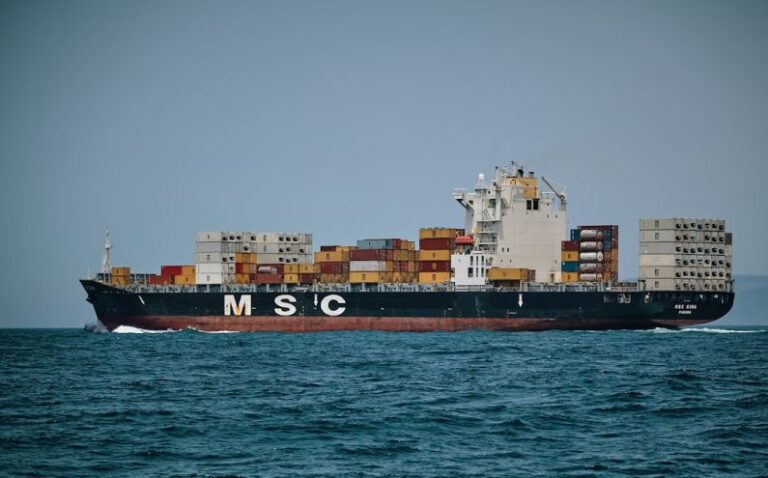How to Choose the Right Logistics Partner
When it comes to running a successful business, choosing the right logistics partner can make all the difference. The logistics industry is complex and requires careful consideration to ensure that your products are handled efficiently and delivered on time. With so many options available, it can be overwhelming to select the best partner for your business needs. In this article, we will discuss key factors to consider when choosing a logistics partner to help streamline your supply chain and improve your business operations.
Understanding Your Business Needs
Before you start researching potential logistics partners, it is crucial to have a clear understanding of your business needs. Take the time to evaluate your current supply chain processes, identify any pain points or inefficiencies, and outline your goals for partnering with a logistics provider. By having a solid grasp of your requirements, you can effectively communicate your expectations to potential partners and ensure that they can meet your specific needs.
Industry Experience and Expertise
One of the most important factors to consider when choosing a logistics partner is their industry experience and expertise. Look for a provider that has a proven track record of success in handling logistics for businesses similar to yours. An experienced partner will have a deep understanding of industry best practices, regulations, and challenges, allowing them to offer valuable insights and solutions to improve your supply chain efficiency.
Technology and Innovation
In today’s fast-paced business environment, having access to cutting-edge technology and innovative solutions is essential for staying competitive. When evaluating logistics partners, inquire about the technology systems they have in place to track shipments, manage inventory, and optimize routes. A partner that leverages state-of-the-art technology can provide real-time visibility into your supply chain, streamline processes, and improve overall efficiency.
Scalability and Flexibility
As your business grows and evolves, your logistics needs will also change. It is essential to choose a logistics partner that can scale with your business and offer flexible solutions to accommodate fluctuations in demand. Look for a provider that has the capacity to handle your current volume of shipments while also being able to scale up or down as needed. Flexibility is key to adapting to changing market conditions and ensuring that your logistics partner can meet your evolving business needs.
Cost-Effectiveness
While cost is an important consideration when choosing a logistics partner, it should not be the sole determining factor. Instead of focusing solely on price, consider the overall value that a logistics provider can offer your business. Look for a partner that can provide cost-effective solutions without compromising on service quality or reliability. A good logistics partner will work with you to optimize your supply chain, reduce transportation costs, and improve overall efficiency, ultimately leading to long-term cost savings for your business.
Customer Service and Communication
Effective communication and responsive customer service are essential for a successful partnership with a logistics provider. Choose a partner that values open communication, transparency, and collaboration. A reliable logistics partner should be easily accessible, provide regular updates on shipments, and address any issues or concerns in a timely manner. Clear communication can help prevent misunderstandings, improve efficiency, and build a strong working relationship based on trust and reliability.
Building a Strong Partnership
Choosing the right logistics partner is a critical decision that can have a significant impact on your business operations. By considering factors such as industry experience, technology capabilities, scalability, cost-effectiveness, and customer service, you can make an informed decision that aligns with your business goals and objectives. Remember that building a strong partnership with a logistics provider is a collaborative effort that requires clear communication, mutual respect, and a shared commitment to success. By selecting a logistics partner that understands your business needs and shares your vision, you can streamline your supply chain, improve efficiency, and drive sustainable growth for your business.






